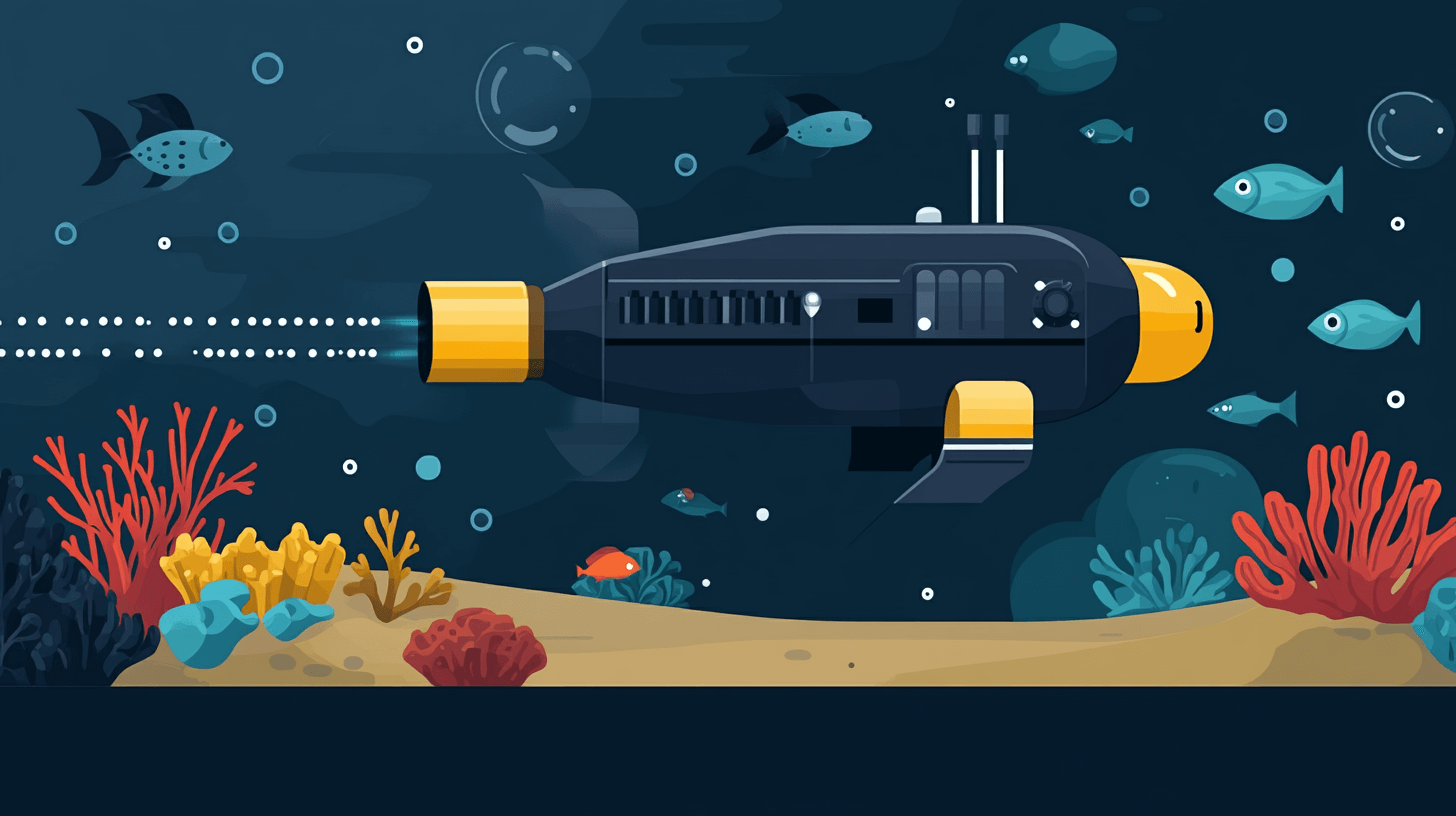
Is Theory of Mind AI Possible? Dissecting Humanlike Technologies
August 7, 2024 - Ellie Gabel
Revolutionized is reader-supported. When you buy through links on our site, we may earn an affiliate commission. Learn more here.
There has been nothing quite like the advent of artificial intelligence (AI). Misunderstandings and misconceptions abound, and self-awareness is one of the most heated subjects. Is AI capable of thinking like a human? Well, theory of mind AI is the developmental stage where hints of this could be possible. Increase your knowledge on how AI will grow, what it might look like in the future, and what its capabilities will be when it hits this phase.
What Are the Stages of AI?
There are several definitive stages of AI development. You may not know we have already sped past a few of them, when there are only a handful to master. What has humanity already achieved, and what are experts currently working toward?
Reactive Machines
Reactive machines are the first phase of AI creation and the most rudimentary. If humans know the knowledge, then the machine knows it too. It can store seemingly infinite data wells, but it is not capable of complex emotional comprehension or memory formation. It merely reacts to an input without external influences.
This means outcomes it concludes are less expansive and informed compared to other types of AI. Their rules limit them, but it doesn’t make them inaccurate or incapable of decision-making. They just can’t learn. This AI type exists and has had numerous implementations in casual and industrial applications.
Limited Memory
Limited memory is the only other AI type humanity has fully realized. It is a step up above reactive machines because it learns over time. The data set is slightly more malleable, leveraging more or less information to create the best possible outcome.
Theory of Mind (ToM)
The star of the show is ToM AI, which is the step in AI humans are currently operating within. It has the abilities of reactive machines and limited memory. However, it exists in a partial form, with no specific end of development in sight. This is when subjectivity enters the field. The AI can come up with results that are more nuanced and considerate of emotional response.
Consider how an AI mental health chatbot could say the wrong thing based on the individual’s triggers — ToM would be able to tease those out and alter language accordingly.
Is Theory of Mind AI Possible?
As you may have guessed, ToM AI is in the works, but many question if a fully developed version of what the planet has now is attainable. Experts aren’t even 100% certain on a foolproof way to test its existence in an AI.
Many are inclined to think it is possible though, especially after recent tests exceeded anything humans have tried before. The curiosity of humans knows no bounds, which is why the world’s greatest minds are seeing what lengths we can go to make technology as smart as possible. How are these tests going?
In May 2024, large language models outperformed expectations. GPT-4 and LLaMA2 were battled against each other. Tests looked at how well these AIs interpreted mental states and tasks like understanding hints, faux pas and irony. GPT-4 responded to prompts at the same level as a human in almost every area. It shows how frequently tech innovators surprise themselves.
However, experts from the peer review cautioned to take results “with a grain of salt,” to prevent the public from blowing news about AI out of proportion. The behavior may be akin to a human, but whether or not it is proof of ToM in the works is still up for debate. Researchers also warn people who absorb the study to not anthropomorphize machinery yet, which leads humans to wonder when that can start happening.
The next question is if computers could become self-aware or if an AI has ever gained consciousness. The final, fourth AI development stage is actually referred to as “self-aware” AI. This comes after ToM becomes fully realized. This is when an AI could experience empathy with people, understand its own lack of humanity and have morals influencing its decisions. Its thought processes would be indistinguishable from any person. There is nothing in the world that can do this or verify it’s possible. Many are skeptics.
Would Humanity Benefit from Theory Mind AI?
We have all seen headlines declaring AI’s biggest ethical concern is that self-awareness will lead to job loss or, at worse, warfare. These moral quandaries make laypeople wonder if working on ToM AI will have benefits outweighing the costs. If humanity used ToM AI responsibly, the advantages could be notable.
There are numerous, unarguable ways ToM AI would help budding technologies and streamline countless processes worldwide. Take self-driving cars as an example. Many autonomous vehicles use sensors to identify road signs and lines, but can they predict what pedestrians will do based on their facial expressions or behavior? A ToM AI would cause fewer accidents by recognizing these particular social signals that have limitless connotations behind them.
On the subject of job loss, countless sectors face worker shortages, including construction and cybersecurity. Leveraging ToM AI to be more adept at understanding social signals and predicting employee behavior could supplement struggling industries.
As alluded, psychologists see astounding potential for ToM AI to help the current mental health crisis. Many do not seek the assistance they need because of shame or fear of receiving judgment from another human. Would more people experiment with mental health resources if they didn’t have to interact with a person?
Research shows models are not perfect yet in assessing bias and ignorance or identifying potentially offensive statements all the time. However, the models were more conservative and less committed when they were uncertain about how to handle a response. The implications of this determination remain unseen, but it’s an interesting conclusion.
An Unknown Frontier
ToM AI is still imperfect. Even experts do not yet quite know if a completely self-aware AI is possible. Regardless of fears, any feat in AI development is a representation of human accomplishment. Earth’s ability to foster technological growth is astounding, and so long as the top minds undergo research, then AI will evolve to only be an asset to the planet instead of a nightmare.
Revolutionized is reader-supported. When you buy through links on our site, we may earn an affiliate commission. Learn more here.
Author
Ellie Gabel
Ellie Gabel is a science writer specializing in astronomy and environmental science and is the Associate Editor of Revolutionized. Ellie's love of science stems from reading Richard Dawkins books and her favorite science magazines as a child, where she fell in love with the experiments included in each edition.






